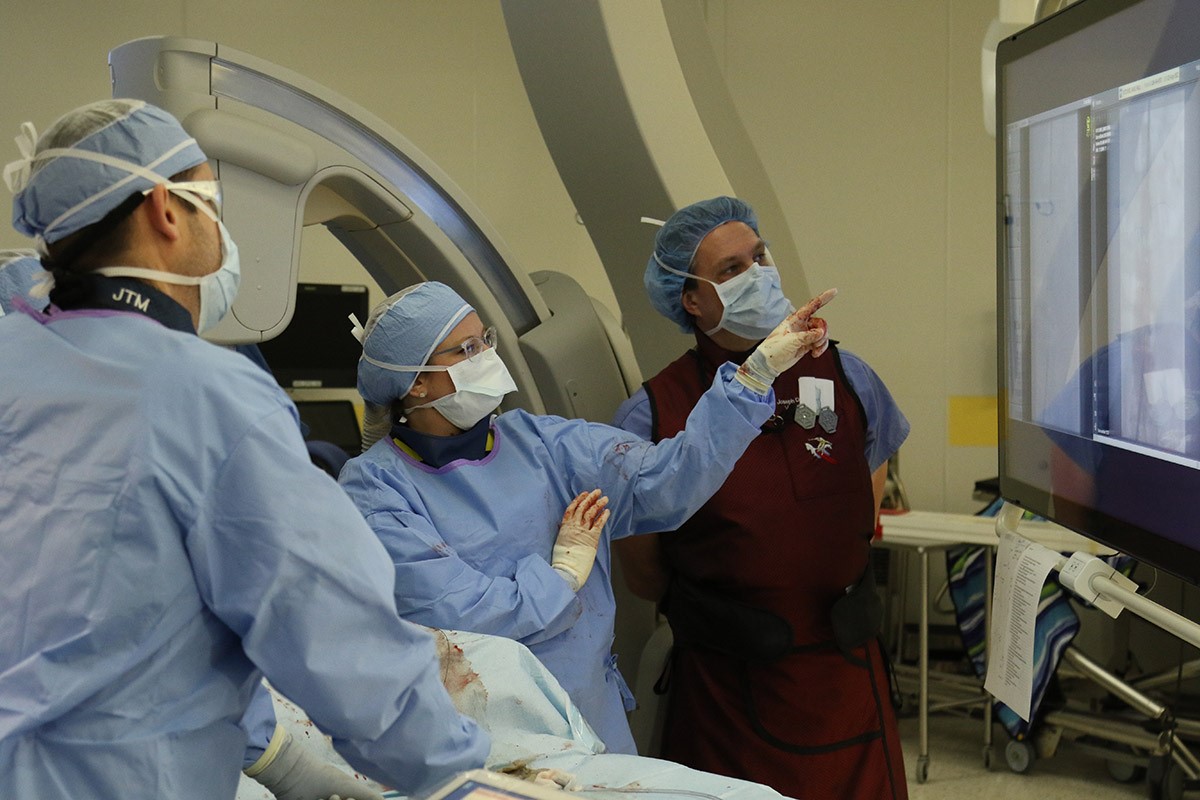The MIT Catalyst program, VHA Innovation Ecosystem (VHA IE), and Massachusetts Institute of Technology (MIT) are collaborating to improve Veteran care through need-driven biomedical research and innovation initiatives. This month, the program welcomes a new cohort of MIT Catalyst Fellows, aiding its mission to increase the impact of biomedical research and create innovative solutions for unmet health care needs in the Veterans Health Administration.
VHA IE is at the forefront of health care innovation, led by changemakers who relentlessly create and improve experiences for Veterans. The MIT Catalyst framework aligns with VHA IE’s goals to accelerate the pace of innovation in health care and empower VA employees in VHA Innovators Network (iNET) sites, sparking innovation from insight to impact.
Participating Fellows are recruited from VHA, academia and industry to form cross-functional teams. Fellows benefit from the unique opportunity to collaborate within their diverse cohorts and multidisciplinary teams to solve health care challenges with the aim to advance health care globally.
The MIT Catalyst Fellowship includes a six-month academic experience where Fellows work together to address pressing VA challenges and collaboratively design solutions, with three Intensification Sessions. The curriculum and intensifications provide space for Fellows to identify high-priority challenges, needs and opportunities in a space to collectively generate solutions with their peers and experienced faculty and mentors.
Fellows test and hone their solutions into practical and effective proofs of concept guided by a cross-functional faculty team and with the support of VHA IE programs like iNET’s Greenhouse Initiative, the Spark-Seed-Spread Innovation Investment Program (Spark-Seed-Spread Program), and Diffusion of Excellence. Fellows can enhance their careers and expand personal horizons through the program by exercising entrepreneurial thinking and strengthening communication skills while collaborating with the best and brightest to solve healthcare challenges and to advance health care globally. While many of the Fellows’ projects are in the early phases of the Catalyst process, successfully established projects include a device for the treatment of obstructive sleep apnea (OSA) and a newly funded Spark-Seed Spread Program project related to effective elimination of unused opioids.
VA Fellows
Martha Duffy, M.D., MPH – interprofessional advanced Fellow in Addiction Treatment and primary care physician, VA Boston Healthcare System (HCS)
Akshar B. Abbott, M.D. – ophthalmologist, Veterans Affairs VISN 23 Technology-based Eye Care Service program
Aparna Repaka, MBBS – staff physician, gastroenterologist, VA Boston HCS
Amos Raymond, M.D. – assistant chief, Emergency Department, Memphis VA Medical Center (VAMC)
Lauren Kelley, PA-C – physician assistant, Orthopedic Surgery, Memphis VAMC
Jonathan Sherrod, M.D. – staff anesthesiologist, Memphis VAMC; assistant professor, University of Tennessee Health Science Center; anesthesiologist, 94th Combat Support Hospital, U.S. Army Reserve
Smitta Patel, M.D., MPH, MBA – chief of Innovation, Department of Mental Health, the Greater Los Angeles HCS
External Fellows
Sanjit Singh, BS – mixed reality developer, MPLEX
Debarghya Sarkar, Ph.D. – postdoctoral research Fellow, Harvard Medical School and Massachusetts General Hospital
Alexander Buscher – senior manufacturing engineer, Stryker Neurovascular
Zachary Buono – biomedical engineer at the U.S. Army Telemedicine and Advanced Technology Research Center
Mani Sai Suryateja Jammalamadaka – graduate research assistant, Massachusetts Institute of Technology
Jake Drutchas – master’s candidate, MIT Integrated Design and Management
Topics in this story
More Stories
Study underscores important role COVID vaccination can have in protecting Veterans from infection and reducing long-term health consequences
Columbia VA’s robotic surgery teams completed their 800th robotic surgery and are on schedule to hit 1,000 by the end of the year.
In a decentralized clinical trial, Veterans can participate from their own homes or local VA instead of having to travel to a research site.






